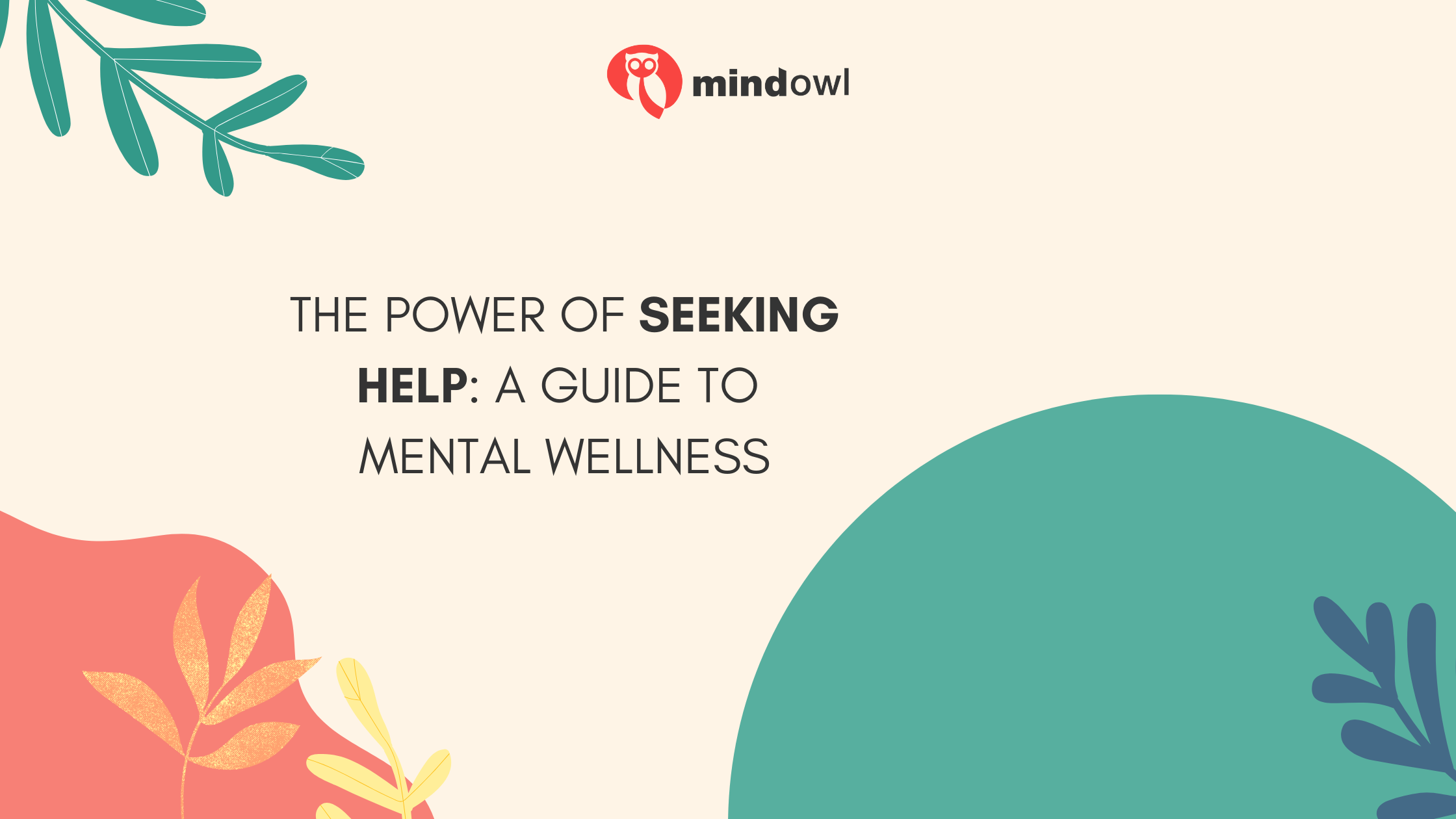Mental wellness is an essential part of overall health, yet it is often overlooked or deprioritized. Many people struggle in silence, believing that seeking help is a sign of weakness. In reality, recognizing the need for support is a powerful step toward healing and self-improvement. Just as we seek medical care for physical ailments, mental health requires attention and care to ensure a balanced and fulfilling life.
The stigma surrounding mental health has significantly diminished in recent years, but barriers to seeking help still exist. Whether due to fear, misinformation, or uncertainty, many individuals hesitate to reach out. Understanding the benefits of support and knowing where to turn can make the journey toward wellness more approachable.

Recognizing the Need for Support
Mental health challenges can manifest in various ways, including anxiety, depression, stress, and emotional exhaustion. Some individuals experience persistent sadness, while others struggle with overwhelming thoughts or difficulty maintaining relationships. The signs of mental distress vary from person to person, but common indicators include changes in sleep patterns, appetite fluctuations, loss of interest in daily activities, and trouble concentrating.
Ignoring mental health concerns can lead to more serious conditions over time. Just as untreated physical illnesses worsen, unresolved emotional struggles can negatively impact relationships, work performance, and overall quality of life. Recognizing when emotions become too difficult to manage alone is the first step in seeking appropriate care and guidance.
Understanding the Importance of Support
Reaching out for help can be daunting, but it is one of the most beneficial actions a person can take for their well-being. Professional mental health support provides valuable coping strategies, emotional validation, and guidance tailored to an individual’s needs. Therapy, counseling, and support groups create safe spaces where individuals can explore their thoughts and feelings without judgment. The importance of support cannot be overstated, as it provides a structured approach to managing emotional and psychological challenges. Licensed professionals, including therapists, psychologists, and psychiatrists, use evidence-based techniques to help individuals navigate difficult emotions, process past experiences, and develop healthier coping mechanisms.
Seeking support does not mean that a person is incapable of handling their struggles; rather, it is a proactive step toward understanding and improving mental well-being.
Exploring Different Avenues for Help
There is no one-size-fits-all approach to mental wellness. Different methods work for different people, and exploring various options can help individuals find what best suits their needs. Traditional therapy offers structured, face-to-face interactions with professionals, while online therapy provides accessibility and flexibility for those with busy schedules.
Support groups allow individuals to connect with others facing similar challenges, creating a sense of community and shared understanding. Self-care practices, such as meditation, journaling, and exercise, also contribute to mental wellness by reducing stress and promoting emotional balance.
For some individuals, medication may be a helpful tool in managing mental health conditions. Consulting a healthcare professional ensures that all treatment options are explored safely and effectively. The key is to find a combination of strategies that work best for each individual’s unique situation.
Breaking the Stigma and Encouraging Open Conversations
One of the greatest obstacles to seeking help is the lingering stigma around mental health. Many people fear being judged or misunderstood, which prevents them from opening up about their struggles. Normalizing discussions about mental health and encouraging open conversations can help break these barriers.
Sharing experiences, advocating for awareness, and supporting loved ones in their mental health journeys fosters a culture of understanding and acceptance. Seeking help should be seen as a sign of strength, demonstrating self-awareness and a commitment to personal growth.

By taking proactive steps toward mental well-being, individuals can cultivate resilience, improve their quality of life, and develop healthier ways to manage stress and emotions. Prioritizing mental health not only benefits the individual but also creates a more compassionate and supportive society as a whole.
MindOwl Founder – My own struggles in life have led me to this path of understanding the human condition. I graduated with a bachelor’s degree in philosophy before completing a master’s degree in psychology at Regent’s University London. I then completed a postgraduate diploma in philosophical counselling before being trained in ACT (Acceptance and commitment therapy).
I’ve spent the last eight years studying the encounter of meditative practices with modern psychology.

